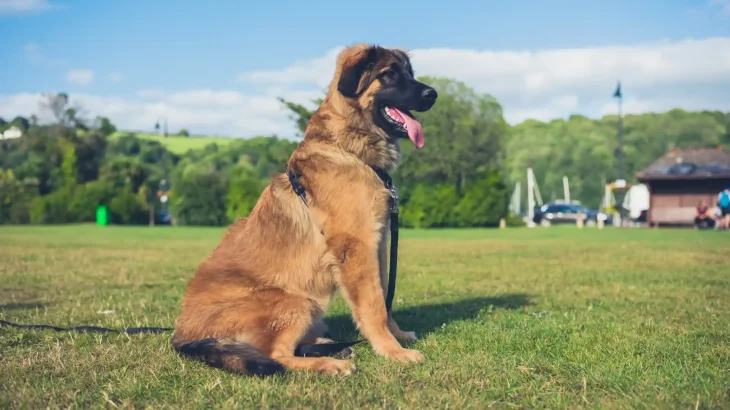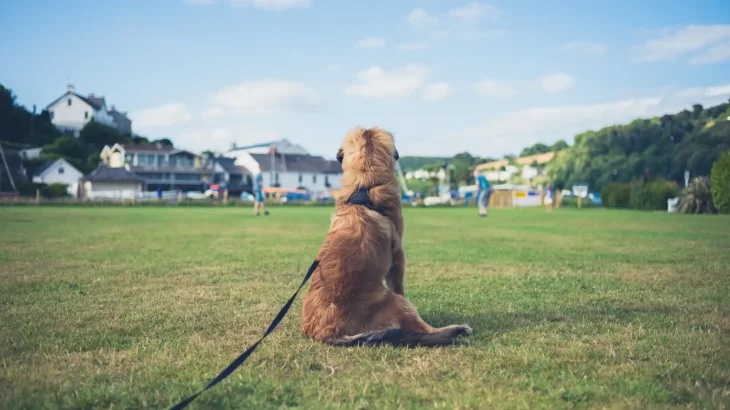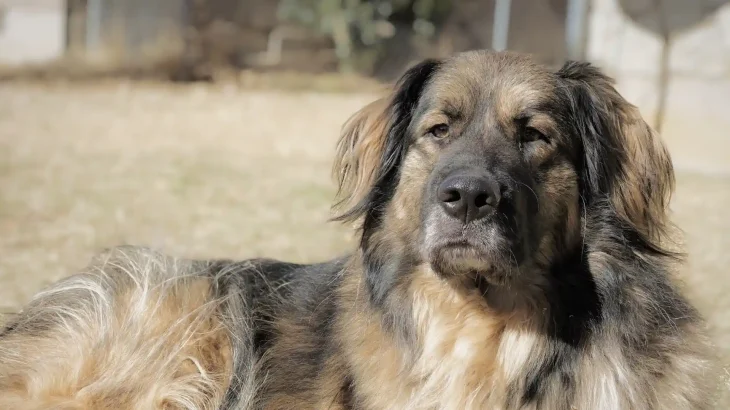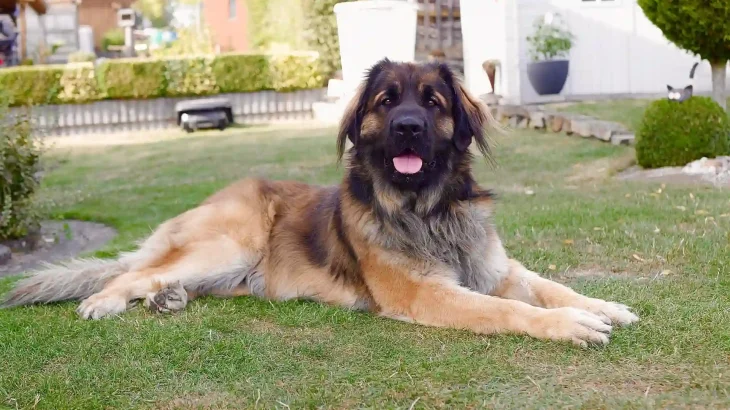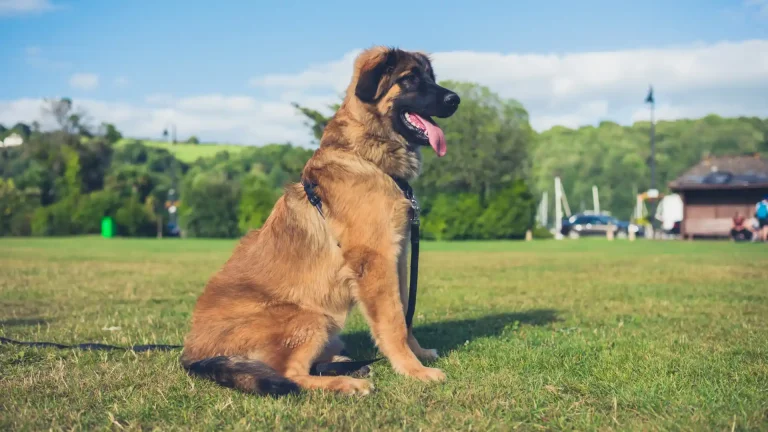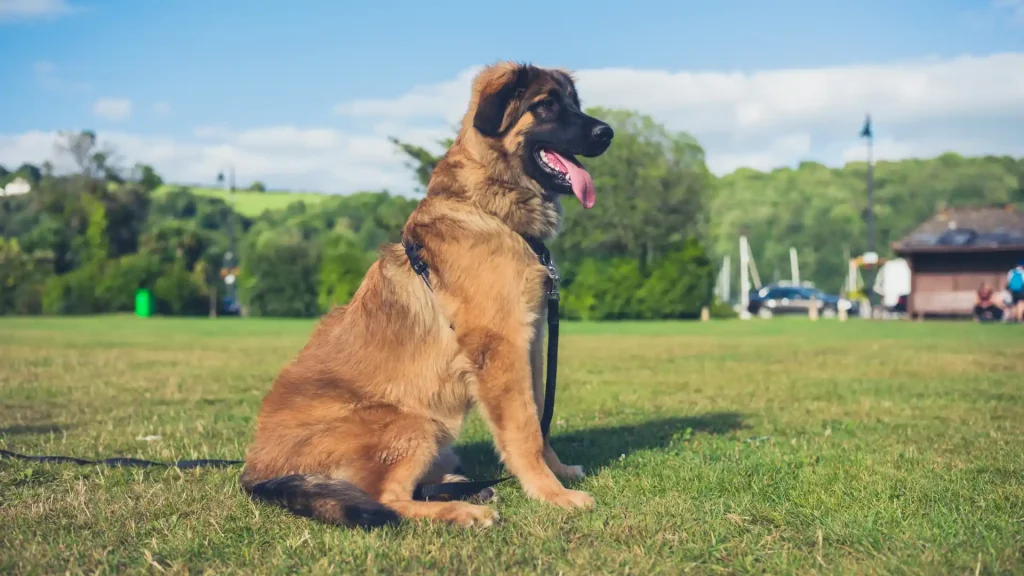When deciding between buying or adopting a Leonberger puppy, it's important to weigh the predictability and background information that come with a breeder against the opportunity to give a home to a dog in need through adoption. Each option has unique benefits and challenges related to health transparency, cost, and ethical considerations specific to this large breed.
| Criteria | Buying from Breeder | Adopting from Shelter/Rescue |
|---|---|---|
| Cost | Typically higher, often ranging from $1,500 to $3,000 for a Leonberger puppy. | Lower adoption fees, generally between $200 and $500, sometimes including initial vet care. |
| Health History | Comprehensive health records and genetic testing common with reputable breeders. | Health history might be limited or unknown; shelters may have only basic screenings. |
| Age Availability | Puppies usually available, allowing early bonding and training. | Adoptions may include dogs of all ages, including adults or seniors. |
| Temperament Insight | Breeders often provide details on lineage temperament and early socialization. | Shelter staff may offer observations but could lack full behavioral background. |
| Supporting Practices | Supports ethical breeding if breeder is carefully selected; helps maintain breed standards. | Supports animal welfare by providing homes to dogs in need. |
| Ethical Considerations | Important to ensure breeder prioritizes health and welfare, avoiding puppy mills. | Adoption helps reduce overpopulation and supports rescue efforts. |

